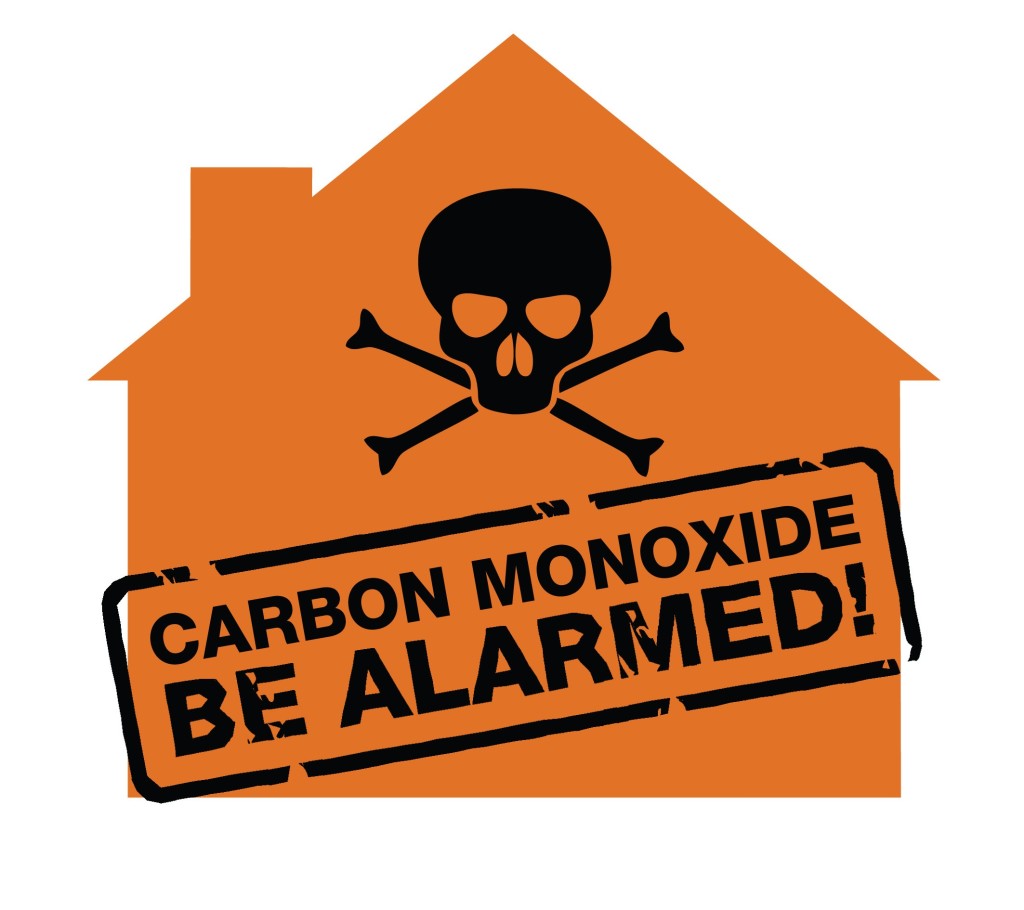 There could be a danger in your home that you can’t see, feel or taste but that can create serious health risks for your family. Carbon monoxide (CO) is an odorless, colorless, poisonous gas that is produced by the incomplete burning of various types of fuels. These include propane and natural gas, as well as wood, charcoal, oil, coal and kerosene. Equipment with internal combustion engines can also produce carbon monoxide, including generators, cars and lawn mowers.
There could be a danger in your home that you can’t see, feel or taste but that can create serious health risks for your family. Carbon monoxide (CO) is an odorless, colorless, poisonous gas that is produced by the incomplete burning of various types of fuels. These include propane and natural gas, as well as wood, charcoal, oil, coal and kerosene. Equipment with internal combustion engines can also produce carbon monoxide, including generators, cars and lawn mowers.
According to the Consumer Product Safety Commission, “On average, about 170 people in the United States die every year from CO produced by non-automotive consumer products. These products include malfunctioning fuel-burning appliances such as furnaces, ranges, water heaters and room heaters; engine-powered equipment such as portable generators; fireplaces; and charcoal that is burned in homes and other enclosed areas.”
Because you can’t see or smell CO, people may not realize they’re being poisoned. Initial symptoms mimic the flu and other illnesses. These include: headache, fatigue, shortness of breath, nausea and dizziness. At higher levels of CO poisoning, symptoms become more severe: mental confusion, vomiting, loss of muscular coordination, loss of consciousness and death.
Preventing CO Poisoning
The CPSC offers several ways to prevent CO poisoning, including:
Make sure appliances are installed and operated according to the manufacturer’s instructions and local building codes. Have the heating system professionally inspected and serviced annually to ensure proper operation. Also have chimneys and flues checked.
Never service fuel-burning appliances without proper knowledge, skill and tools.
Never operate a portable generator or any other gasoline engine-powered tool in or near an enclosed space such as a garage or house – even with open doors and windows.
Install a CO alarm that meets the requirements of the current UL 2034 safety standard. CO alarms should be installed in the hallway near every separate sleeping area. (CO alarm isn’t a substitute for proper use and upkeep of appliances that can produce CO.)
Don’t use portable fuel-burning camping equipment inside a home, garage, tent, etc. unless use in an enclosed space is part of its design and gives instructions for this use.
Never use gas appliances such as ranges, ovens or clothes dryers to heat your home.
Never leave a car running in an attached garage, even with the garage door open.
Never operate unvented fuel-burning appliances in any room where people are sleeping.
During home renovations, ensure that appliance vents and chimneys are not blocked by tarps or debris. Make sure appliances are in proper working order when renovations are complete.
If you’d like our help, schedule an appointment or learn more about Absolute Climate Control here.

